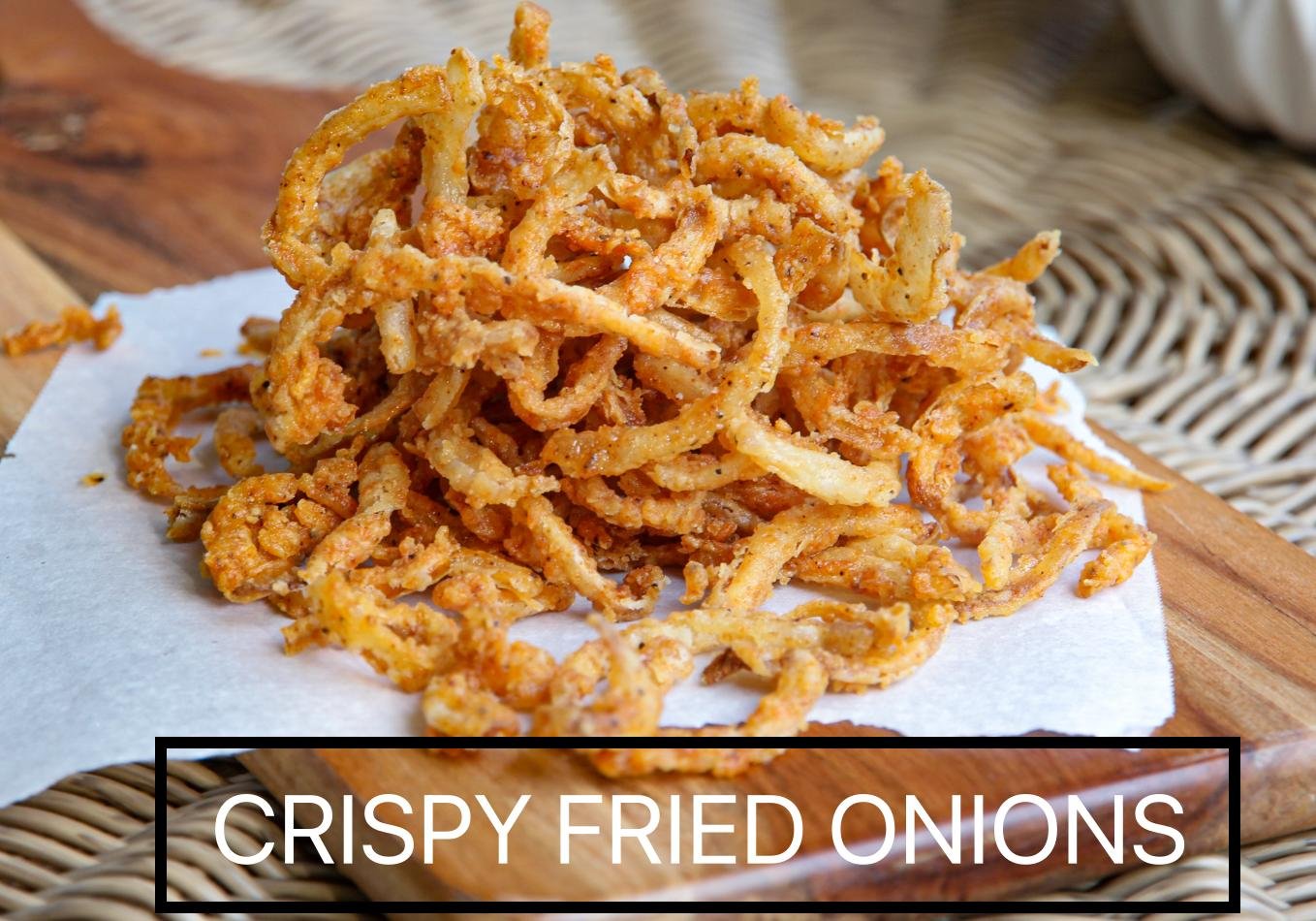With the rise in gluten intolerance issues and the benefits of a gluten-free diet becoming more apparent, you may be wondering if you should make the switch too. In this blog post, we will explore the key points surrounding gluten-free foods, the benefits they offer, common misconceptions, foods to enjoy and avoid, tips for transitioning to a gluten-free diet, and why gluten-free foods could be a healthy alternative for you. Let’s investigate into the truth about gluten-free foods and why you should consider incorporating them into your diet.
Key Takeaways:
- Gluten Intolerance: Gluten protein in wheat, barley, and rye can cause health issues for intolerant individuals.
- Benefits of Gluten-Free Diet: Improved digestive health, potential weight loss, increased energy levels, and overall health improvements for those with gluten sensitivity.
- Misconceptions: Not all gluten-free foods are healthier; understanding labels and avoiding cross-contamination is crucial.
- Foods to Enjoy: Include naturally gluten-free foods, gluten-free grains, and substitutes like almond flour and gluten-free pasta.
- Tips for Transitioning: Gradually eliminate gluten-containing foods, seek guidance, read labels carefully, avoid cross-contamination, and stay positive during the transition.
Understanding Gluten Intolerance
For individuals intolerant to gluten, consuming foods containing wheat, barley, and rye can lead to various health issues. This intolerance can manifest as symptoms like bloating, diarrhea, fatigue, and even skin rashes. If you experience these symptoms after consuming gluten-containing foods, it may be a sign of gluten intolerance.
Causes and Symptoms
Gluten protein found in wheat, barley, and rye can cause health issues for those intolerant to it. Symptoms of gluten sensitivity can include bloating, diarrhea, fatigue, and skin rashes. If you experience these symptoms after consuming gluten-containing foods, it may be a sign of gluten intolerance.
Impact on Health
Gluten intolerance can have a significant impact on your overall health. By following a gluten-free diet, you can experience improved digestive health, relief from symptoms of gluten sensitivity, potential weight loss, increased energy levels, and overall health improvements. It’s important to be aware of the impact gluten can have on your health and consider making the necessary dietary changes to address any intolerance you may have.
Benefits of a Gluten-Free Diet
Improved Digestive Health
The gluten protein found in wheat, barley, and rye can be problematic for individuals intolerant to it, leading to digestive issues. By choosing gluten-free foods, you can experience improved digestive health and relief from symptoms of gluten sensitivity, such as bloating, gas, and stomach discomfort. This dietary shift can lead to increased energy levels and overall well-being.
Weight Loss Potential
An important benefit of a gluten-free diet is its potential for weight loss. By eliminating gluten-containing foods, you may notice a decrease in bloating and inflammation, contributing to weight loss. Opting for naturally gluten-free foods like fruits, vegetables, and lean proteins can aid in weight management and support your overall health goals.
To effectively experience the weight loss potential of a gluten-free diet, focus on incorporating nutrient-dense, whole foods into your meals. These foods not only help you maintain a healthy weight but also provide important vitamins and minerals for overall well-being. By making mindful choices and paying attention to food labels, you can easily transition to a gluten-free lifestyle and reap its benefits.

Misconceptions about Gluten-Free Foods
Healthiness of Gluten-Free Options
Now, there is a common misconception that all gluten-free foods are automatically healthier. While it’s true that a gluten-free diet can offer benefits for those with gluten intolerance, not all gluten-free options are necessarily nutritious. Some gluten-free products may still be high in sugar, fats, and processed ingredients, so it’s important to be mindful of your food choices and opt for whole, natural gluten-free foods like fruits, vegetables, and lean proteins.
Importance of Labeling and Cross-Contamination
An important aspect to consider when following a gluten-free diet is understanding the importance of labeling and avoiding cross-contamination. Any hidden sources of gluten in processed foods can still trigger symptoms in those with gluten intolerance. It’s crucial to read food labels carefully, be aware of cross-contamination in shared cooking spaces, and perhaps even consider separate cooking utensils to ensure you’re not unknowingly consuming gluten.
Healthiness of Gluten-Free Options is a key consideration as you navigate the world of gluten-free foods. While naturally gluten-free foods like fruits and vegetables can offer numerous health benefits, it’s crucial to be cautious of processed gluten-free products that may not always be nutritious. Remember to prioritize whole, natural options in your gluten-free diet for optimal health outcomes.
Foods to Enjoy in a Gluten-Free Diet
Naturally Gluten-Free Options
All fruits, vegetables, and lean proteins are naturally gluten-free, making them excellent choices for your gluten-free diet. These foods not only provide vital nutrients but also help improve your digestive health, energy levels, and overall well-being. Incorporating a variety of colorful fruits and vegetables in your meals can add flavor and nutrition to your gluten-free diet.
Gluten-Free Grains and Substitutes
For gluten-free grains and substitutes, options like rice, quinoa, almond flour, and gluten-free pasta can offer a satisfying alternative to traditional gluten-containing foods. These ingredients are versatile and can be used in a variety of dishes, from salads to baked goods, helping you maintain a balanced diet while avoiding gluten-related health issues. Incorporating these grains and substitutes into your meals can add texture and flavor without compromising your dietary needs.
Foods to Avoid in a Gluten-Free Diet
Common Sources of Gluten
After eliminating gluten from your diet, it’s crucial to be aware of common sources of gluten such as wheat, barley, and rye. These grains contain gluten protein which can trigger symptoms for those sensitive to it. It’s important to carefully read labels and avoid products that contain these ingredients.
Hidden Gluten in Processed Foods
To ensure you stay gluten-free, be mindful of hidden sources of gluten in processed foods. Items like soy sauce and certain medications may contain gluten as an additive. It’s necessary to check labels thoroughly and opt for gluten-free alternatives to avoid any potential cross-contamination or exposure to gluten.
Sources like sauces, gravies, and dressings can also commonly contain gluten so it’s important to look for gluten-free options. Gluten can sometimes be hidden in products like flavored snacks, processed meats, and even some soups. By being vigilant about checking labels and choosing gluten-free alternatives, you can effectively navigate a gluten-free diet and enjoy a healthier lifestyle.
Tips for Transitioning to a Gluten-Free Diet
Once again, adapting to a gluten-free diet can seem overwhelming at first, but with the right approach, you can make the transition smoothly.
Gradual Elimination of Gluten
To start your journey towards a gluten-free lifestyle, gradually eliminate gluten-containing foods from your diet. Begin by identifying sources of gluten such as wheat, barley, and rye, and slowly replace them with gluten-free alternatives like rice, quinoa, and almond flour. Knowing your options and making small changes over time can help you adjust more easily.
Guidance and Recipe Experimentation
With the guidance of healthcare professionals or nutritionists, you can gain valuable insights into the gluten-free diet and receive personalized advice to meet your dietary needs. Plus, experimenting with new recipes and cooking techniques using gluten-free ingredients can make the transition more exciting and enjoyable. You may discover a whole new world of flavors and textures that you never knew existed.
Summing up
To wrap up, exploring a gluten-free diet could be beneficial for you if you have gluten intolerance or sensitivity. By focusing on naturally gluten-free foods and making smart choices, you can improve your digestive health, potentially shed some pounds, and boost your overall well-being. Remember to be mindful of hidden sources of gluten, read labels carefully, and seek professional guidance to make a smooth transition to a gluten-free lifestyle. Enjoy the journey to a healthier you with gluten-free alternatives!
FAQ
Q: What is gluten intolerance?
A: Gluten intolerance is a condition where individuals experience adverse reactions to the gluten protein found in wheat, barley, and rye.
Q: What are the benefits of a gluten-free diet?
A: The benefits of a gluten-free diet include improved digestive health, relief from symptoms of gluten sensitivity, potential weight loss, increased energy levels, and overall health improvements.
Q: Are all gluten-free foods healthier?
A: Not all gluten-free foods are necessarily healthier. It’s vital to understand labeling and avoid cross-contamination with gluten-containing products.
Q: What foods can you enjoy on a gluten-free diet?
A: You can enjoy naturally gluten-free foods like fruits, vegetables, lean proteins, gluten-free grains such as rice, quinoa, and substitutes like almond flour and gluten-free pasta.
Q: What tips can help with transitioning to a gluten-free diet?
A: Gradually eliminate gluten-containing foods, seek guidance from professionals, experiment with new recipes, read food labels carefully, be mindful of cross-contamination, and maintain a positive attitude throughout the transition process.


























